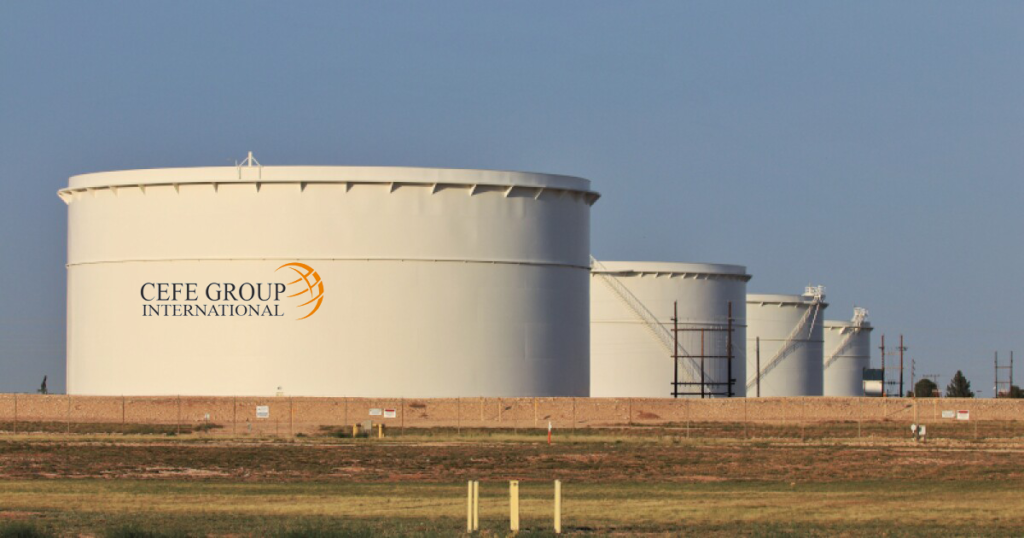The energy markets are constantly in a state of flux, with various factors influencing the market. In today’s briefing, we bring you news of the latest developments, including fluctuations in oil futures and natural gas prices, updates on the diesel and marine fuel sectors, and more.
The energy sector is constantly evolving, and there are many factors at play. From fluctuations in oil futures and natural gas prices to developments in the diesel and marine fuel sectors, there is a lot to keep an eye on. The market is sensitive to changing conditions, and companies and analysts must be vigilant and adaptive to navigate the complexities of the energy sector.
Let’s start with the oil futures market. The Brent benchmark has taken a hit, with a significant 3% slump amidst fears over US inflation and a firmer dollar. This has had a knock-on effect on gasoline exports, which have hit a six-week low due to falling demand. The market is experiencing volatility, and analysts are closely monitoring the situation to see how it develops.
On the other hand, there is some positive news in the natural gas market. The price of European natural gas has fallen to its lowest level in almost 18 months, below €50 per megawatt hour. This marks a significant shift from August 2022, when the gas benchmark peaked at over €300/MWh due to fears of blackouts caused by cuts in Russian supplies. However, with mild weather, ample storage, and alternative supplies, traders are more confident that European countries will avoid shortages this winter and next. This will benefit the EU and UK economies, but it is also a blow to President Vladimir Putin’s war efforts.
Moving on to the diesel sector, there is a glut in supply which is putting pressure on margins to pre-war levels. This has led to uncertainty and volatility, as companies try to navigate the market and determine their best course of action. In the marine fuel sector, slow demand has impacted 0.5% marine fuel cracks, which are at a one-month low. This is another example of the market’s sensitivity to changing conditions and the need for careful monitoring.
In other news, a US official has stated that price caps are working, and there is no evidence of Moscow gaming the system. This is a positive development, as it suggests that the market is functioning as intended and is not being manipulated. However, a French union has called for fresh strikes at refineries in March, and Indonesia is yet to finalize quotas for a coal-fired plant credit scheme. These developments could have implications for the energy sector, and it will be important to keep an eye on them.
- Pakistan Boosting Energy Trade with Russia and Turkmenistan
- Energy Markets in Flux: A Daily Briefing on Oil Futures, Natural Gas Prices, and More
- Oil Markets React to Inventory Build, Inflation Fears, and Geopolitical Tensions
- Indian Firms Turn to Russian Naphtha as Western Nations Impose Price Caps
- Asian HSFO Crack Hits Nine-Week High Amidst Rising Demand
Furthermore, French energy company EDF has racked up a significant €18 billion loss as reactors are idled. This is a reminder that the energy sector is complex and can be subject to a wide range of factors. The PCK Schwedt refinery is also set to start a six-week maintenance in April, which could have implications for the market.
On a more positive note, Nigerian crude oil output has risen to 1.6m bpd according to the NNPC. This is good news for the market and suggests that there is still room for growth and development. Finally, Lufthansa has been forced to cancel all flights from Munich and Frankfurt due to a strike. This is a reminder that the energy sector is not just about markets and prices but can have real-world implications for people’s lives.

